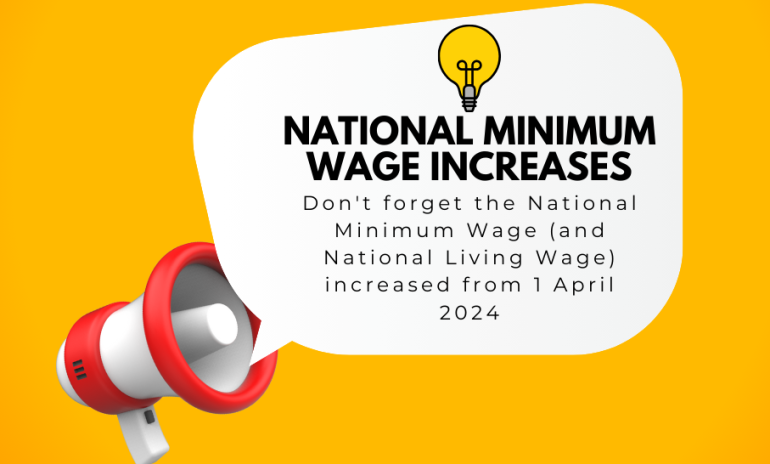HMRC to act as 'judge, jury and executioner'
Date: 15/08/14

There are very difficult times ahead for tax planners. On top of recent changes such as the General Anti-Abuse Rule (GAAR), the Finance Bill 2014 provides HM Revenues & Customs (HMRC) with tools to combat the promotion of aggressive tax schemes by firms referred to by HMRC as ‘high risk promoters’.
These provisions will impose severe restrictions on those who continue to promote abusive tax schemes despite warnings from the government and HMRC that such activities must stop.
For users of schemes the government has already made clear that it will resort to retrospective changes in tax law to defeat the continued use of tax schemes, as was the case in 2012 and 2013 in respect of SDLT schemes.
As part of the latest crackdown, many taxpayers who have used schemes in the past that were disclosed under DOTAS will soon start to receive ‘advance payment notices’ (APNs) requiring upfront payment of any tax affected by the scheme.
This raises concerns that HMRC will, in future, be able to act as judge, jury and executioner. It is easy to conclude that the combination of these rules will kill off what remains of the more aggressive end of the tax planning market and all in all the future for anyone labelled by HMRC as a ‘high risk promoter’ looks bleak.
This is especially so since it appears relatively easy to breach at least some of what is referred to as the ‘threshold conditions’ in the high risk promoter rules. Such conditions include, for example an adverse GAAR panel opinion being given or non-compliance (in HMRC's opinion) with DOTAS and the Code of Practice for Banks.
Where a promoter falls foul of one or more of these threshold conditions HMRC can issue what is referred to as a ‘conduct notice’ allowing HMRC to impose behavioural conditions on the promoter that must be met if the promoter is to avoid even more severe action.”
HMRC will decide what conditions should apply and judge whether the conditions have or have not been met. A breach of the conduct conditions will allow HMRC to issue a ‘monitoring notice’ and only at this stage is any independent oversight built into the rules, as HMRC will be able to issue a monitoring notice only with the permission of a tribunal judge.
Promoters subject to such a notice will be required to publicise that they are a monitored promoter and failing to do so could mean a penalty of up to £1m, in effect ‘naming and shaming’ the promoter.
This clamp down on schemes highlights the need for individuals and businesses to seek long-term tax planning advice rather than being sold the quick fixes often offered by the scheme promoters.
For more information on APNs or any other tax issue, please contact James Cornthwaite.

Author: James Cornthwaite FCA CTA
A former pupil at St Aidan’s C of E High School, James attended Blackpool Sixth Form College and Lancaster University, graduating in 2004, gaining BSc. first class honours. He joined Moore and Smalley, Preston in 2005 and qualified as a...
0 Comment
Add your Comment
We have the ability to edit and/or delete posts and comments. Links should be relevant to the topics. Please note all comments are subject to review before inclusion.














Nobody has commented yet. Why not add one?